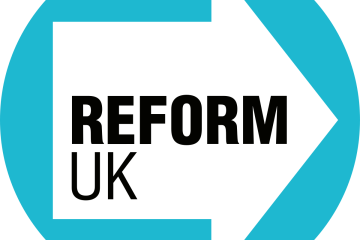Understanding Unforgivable Actions in Modern Society

The Importance of Understanding Unforgivable Actions
In today’s complex world, the concept of what is deemed ‘unforgivable’ carries significant weight in personal and societal contexts. From betrayals in close relationships to actions that have far-reaching repercussions in the public sphere, the label of ‘unforgivable’ impacts individuals and communities alike. As we navigate a rapidly changing social landscape, understanding this concept is essential for fostering dialogue and resolution.
Defining Unforgivable Actions
‘Unforgivable’ typically refers to actions that are viewed as irredeemable or intolerable, leading to the severing of relationships or an inability to forgive. Events such as severe betrayals, violence, or breaches of trust often fall into this category. Instances have emerged in recent years, such as high-profile scandals where trust was irrevocably damaged, prompting both public outrage and personal reckonings.
Recent Events Highlighting Unforgivable Acts
Notable recent events have brought the concept of unforgivable to the forefront of public conversation. For instance, the fallout from various celebrity scandals has led to divided opinions on whether certain actions can be forgiven. Cases involving allegations of misconduct have sparked debates about accountability, redemption, and the enduring consequences of one’s actions. The ongoing discussions around cancel culture further illustrate how society grapples with the idea of unforgivable behaviour, as individuals and brands face backlash that can lead to long-term repercussions.
Consequences of Labelling Actions as Unforgivable
Labelling actions as unforgivable can create significant consequences. It can lead to an ‘us versus them’ mentality, where disputes become entrenched and resolution becomes elusive. Furthermore, the stigma attached to being labelled as unforgivable can jeopardise future opportunities for reconciliation and healing. Psychologists often point out that the refusal to forgive can affect both mental health and interpersonal relationships.
Conclusion: The Path to Understanding and Forgiveness
While some actions may seem unforgivable, the ongoing dialogues around personal accountability, societal expectations, and the potential for change are crucial. Understanding the nuances of unforgivable actions can encourage more thoughtful discussions around forgiveness, creating a pathway for healing rather than division. As society continues to evolve, the balance between accountability and empathy remains vital in addressing what we consider unforgivable, reminding us of our shared humanity amidst our flaws.








